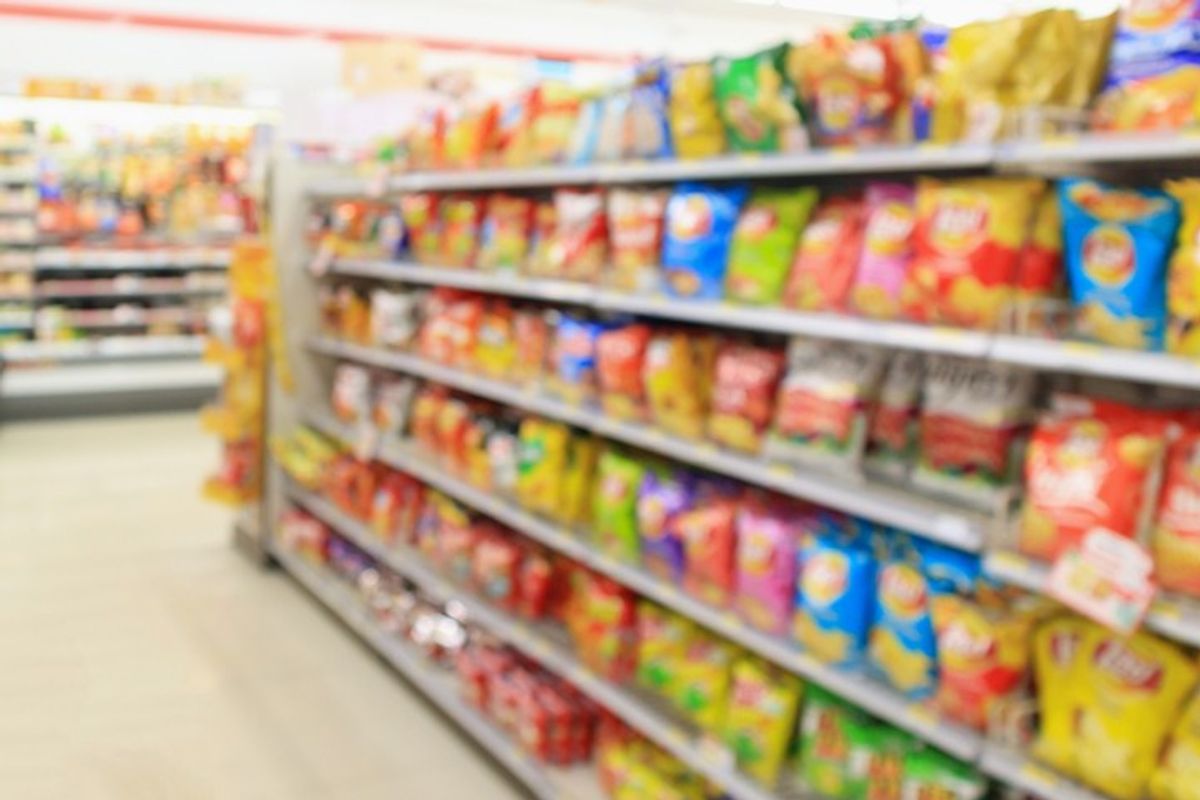A new campaign coalition of health and food organizations has called on the government to introduce a new industry levy to make food healthier and raise additional revenues for investment in children’s health.
The new ‘Recipe for Change’ campaign by 36 health and food organisations has been launched alongside new modelling evidence conducted by the London School of Hygiene and Tropical Medicine showing that an industry wide levy on sugar and salt used in manufactured foods or in restaurants and catering could:
- Reduce average salt intake per adult by up to 0.9g per day (11% of their current intake) and sugar by up to 15g per day (30% of their current intake)
- Prevent almost 2 million cases of chronic disease over 25 years
- Be worth up to £77.9 billion to the economy over 25 years (by delivering gains of more than 3.7 million quality adjusted life years)
The campaigners said the measures to reduce sugar and salt in foods have strong public support. Public polling conducted in May on behalf of the Obesity Health Alliance indicated that over two thirds (68%) would support further food levies if the revenues raised were invested in children’s health and almost three in four (73%) support action by the government to require food manufacturers to reduce sugar and salt from everyday foods.
Currently, in the UK, the population consumes 50 per cent more sugar and 40 per cent more salt than recommended, and the campaigners said this is because 85 per cent of the salt intake is already in food when we buy it and 60 per cent of the sugar comes from just three categories: biscuits, confectionery and desserts.
“Hundreds of policies to address obesity have failed to deliver, because they have relied on individuals having to change their behaviour, in a food environment that is rigged against them,” commented Katharine Jenner, director of the Obesity Health Alliance.
“The food we buy is jam packed with sugar and most of our food comes ready salted – we need to put healthier food on the shelves by introducing a levy on industry to encourage them to change their recipes.”
Noting that the food industry has repeatedly failed to meet sugar and salt reduction targets voluntarily – most recently reporting an overall average 3.5 per cent reduction versus 20 per cent target – the campaign coalition argue that a new levy would encourage food and drink companies to reformulate their recipes to become healthier, help to shift sales towards healthier products and potentially raise money for improving children’s health.
It was one of the recommendations of the independent National Food Strategy, an independent review of the food system commissioned by the government and led by Henry Dimbleby.
The coalition has launched a new ‘Recipe for Change’ campaign, arguing the levy could work either:
By being applied at a rate of £3/ kg on sugar and £6/ kg on salt as proposed by the National Food Strategy. This would be applied to all sugar and salt used in manufactured foods or in restaurants and catering but would not apply to pure ingredients at retail, so home cooks would be unaffected.
Or
By targeting it to products within specified non-staple food categories, such as confectionery, biscuits, cakes, desserts, crisps and savoury snacks, using either a nutrient-based (e.g. salt, sugar, fats, calorie content) or other health classification systems.
The campaign has also highlighted that any new fiscal incentive for the food industry would build on the success of the Soft Drinks Industry Levy, which has succeeded in reducing overall sugar sold in soft drinks by 34.3 per cent, whilst raising over £1.5 billion since 2018, enabling the government to invest in expanding breakfast clubs, holiday activity and food programmes and primary sports and PE equipment.
According to the National Food Strategy, an industry-wide sugar and salt reformulation tax could have the potential to raise up to £3 billion per year that could be reinvested into programmes designed to increase access to healthy food.
“People want the government to act so healthy food becomes the affordable and easy choice. Introducing an industry levy on soft drinks encouraged companies to remove sugar and change their recipes, transforming what was being sold to us. But it’s still not enough when other unhealthy products continue to be so prevalent in our lives, driving up ill health,” Barbara Crowther, Children’s Food Campaign manager at Sustain, said.
“That’s why Recipe for Change is calling on the government to build on what works and make it less profitable for companies to manufacture and sell unhealthy products and incentivise better business in healthier food. We need investment in children’s health more than ever right now, and this could also be a great way to raise revenues from a junk food industry that is making huge profits at the expense of our health.”
Anna Taylor, chief executive of the Food Foundation, added: “The soft drinks industry levy has had a disproportionately positive effect on low income households, showing a sharper decrease in sugar purchases than in other households. It is vital that revenue from any new levy is used to improve access to nutritious foods to those who face the biggest barriers. Those on low incomes have the most to gain from government taking action against companies driving ill health through unhealthy food.”


